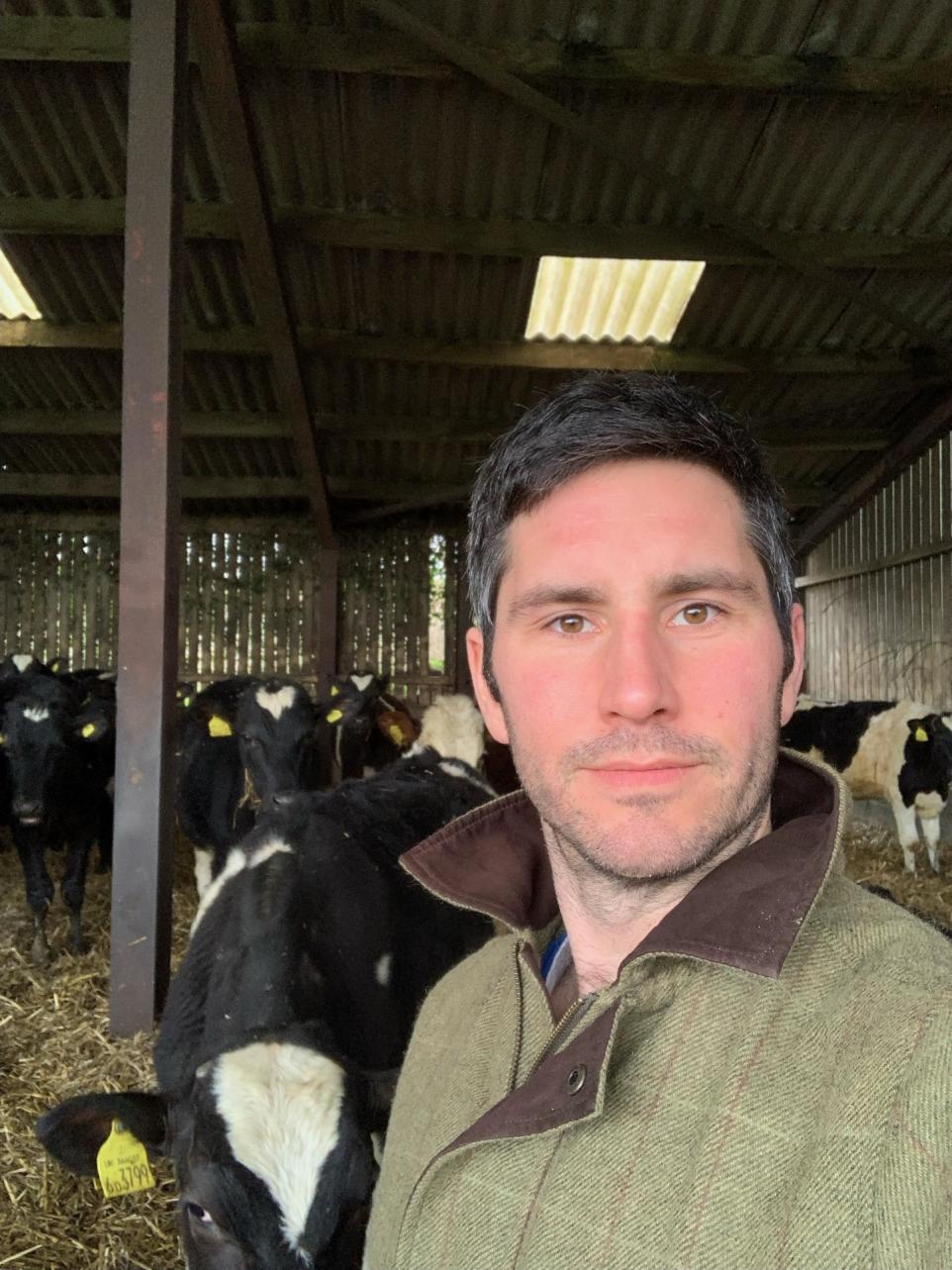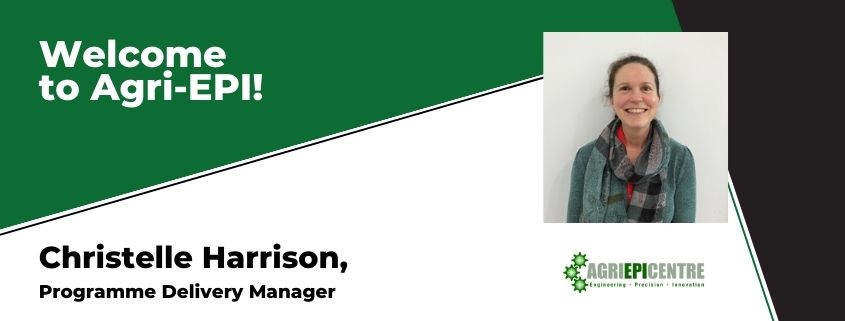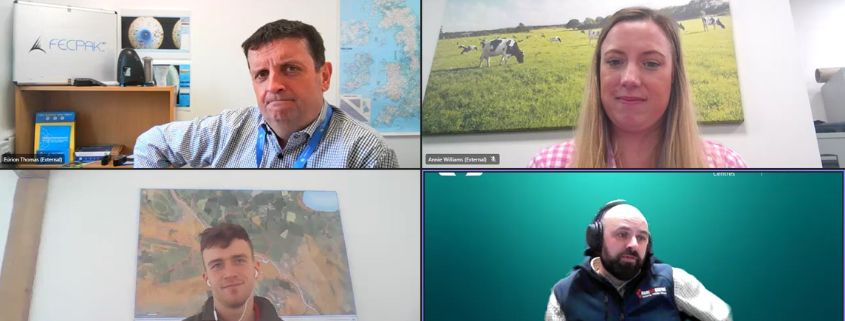Drones offer a huge range of applications in the agricultural sector and are a hugely exciting part of up-and-coming agri-tech solutions. The key to maximising drone technology’s huge potential in agriculture, according to Agri-EPI Centre’s Chief Technical Officer, is the introduction of commercial services for automated drones (drones able to pilot themselves over farmland).
Dr Shamal Mohammed described his vision for the future of drones, also known as unmanned aerial vehicles (UAVs), when he spoke at a recent meeting of the UK All Party Parliamentary Group (APPG) on Science and Technology in Agriculture.
Future of Drones
After infrastructure, agriculture is the world’s second biggest market for the commercial application of drone technology, according to PwC, with an estimated potential value of $32.4 billion. The APPG invited experts from across the sector to discuss the opportunities and challenges inherent in realising the economic and environmental value of drones in UK farming.
Speaking alongside fellow drone experts from UK agri-tech company Hummingbird Technologies and Harper Adams University, Dr Mohammed described how drones are currently being used on farms. They most commonly undertake ‘eye-in-the-sky’ diagnostic activities like soil analysis, crop monitoring and disease detection, and apply inputs such as fertiliser and pesticides.
Challenges
Shamal described a range of challenges associated with the commercial use of drones. These include the need for qualified pilots, as current commercial models involve farmers purchasing and operating drones themselves or bringing in a company to do the work for them.
Further challenges include regulations requiring flying within the ‘visual line of sight’; their small payload; weather dependency; rural connectivity problems and the current gap in regulation around reducing ‘drift’ of chemical applications.
The future
Dr Mohammed believes that automated or semi-automated drones would alleviate some of these issues. Farmers would use commercial drone-programming services which, once connected to weather stations, would enable the drones to know when conditions were right, take off and fly automatically. The UAVs would then upload data gathered to an easy-to-view farmer interface, providing quality insights and enabling better decision making for farmers.
“This new and as-yet unrealised model would make it easier for farmers to access the benefits of drones,” said Dr Mohammed. “They won’t replace existing systems entirely – for example, farmers will still need tractors and sprayers – but drones might be integrated into their sprayer programmes to carry-out specific small-scale tasks.
“The development of commercial services involving automated, modular-based drones with better connectivity and supported by localised regulation is the key means of achieving the biggest benefits for agriculture.”
Working together on the future of agri-tech
Agri-EPI’s Agri-tech Innovation Support partner Leyton has seen R&D activity in the crop production sector. Dr Matilda Hayward, R&D Technical Consultant, Leyton, says: “The use of drones within the agriculture sector can significantly enhance precision and accuracy for more targeted farming strategies. Developing and integrating drone software platforms for a range of benefits is a popular innovation which may fall under the R&D Tax scheme. Agriculture business who are working on technically challenging projects involving the use of drones should explore R&D tax relief as a method of funding their projects.”
Agri-EPI Centre’s member network includes several innovative UAV and drone companies that are establishing their technology in the arable sector, including:
Featured Drone Members
Drone Ag
DroneAg uses drones, automation and simple AI technology to make farming more productive and efficient. Bringing together the expertise of farmers, agronomists, drone pilots and software engineers under one banner, Drone Ag draws on the team’s own experience of running a 6,000-acre farm to provide innovative and practical solutions for farmers today, from field mapping and crop spraying to software and drone training courses.
Hummingbird Technologies
Hummingbird Technologies is an artificial intelligence business, using imagery and data analytics from satellite, drone, plane and robot technology, along with proprietary algorithms, to provide farmers with high-resolution maps of their crops at critical decision-making junctions in the season.
Omega Crop
Omega Crop’s patented crop modelling technology, which analyses drone-gathered images of a wheat crop to identify the presence of preventable disease and weeds, often before a farmer or agronomist could detect the problem by eye. This gives the farmer time to make an informed choice about if and how they can intervene to protect their yield.
Animal Dynamics
Stork, is Animal Dynamic’s heavy-lift, aerial payload delivery vehicle has the potential to significantly improve the safety, speed, efficacy, and cost-effectiveness of aerial fertiliser, pesticide, or bio-stimulant application. Being fully autonomous and packaged with a user-friendly interface, it will be a quick and easy process to highlight a field area, and let the vehicle do the rest of the work. Stork will take-off, apply the payload across the desired location, and return to land all without any need for human control.
We are confident Stork has the potential to improve yields, reduce waste and pollution, save time, and also reduce costs, making these benefits affordable to a broad range of customers. This technology will help meet the growing demand for high quality food without needing to increase costs or damage the environment in the process.
Agri-Tech Innovation Support
Did you know that Innovative businesses are able to claim back up to 33% of the costs which relate to their research and development activities, such as the advancement of new or existing products or processes?
Innovative use of technology such as drones, sensors, scanners and software can qualify for R&D tax credits. Get in touch with Leyton today:




